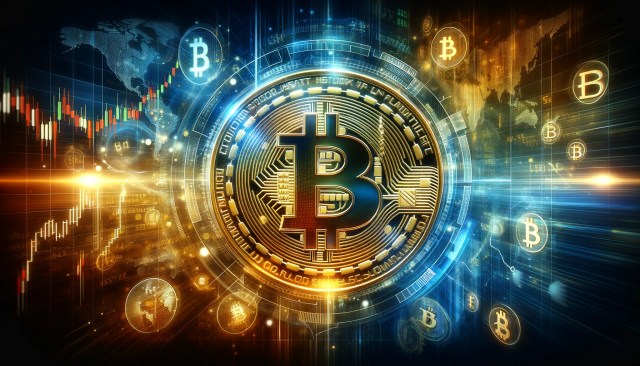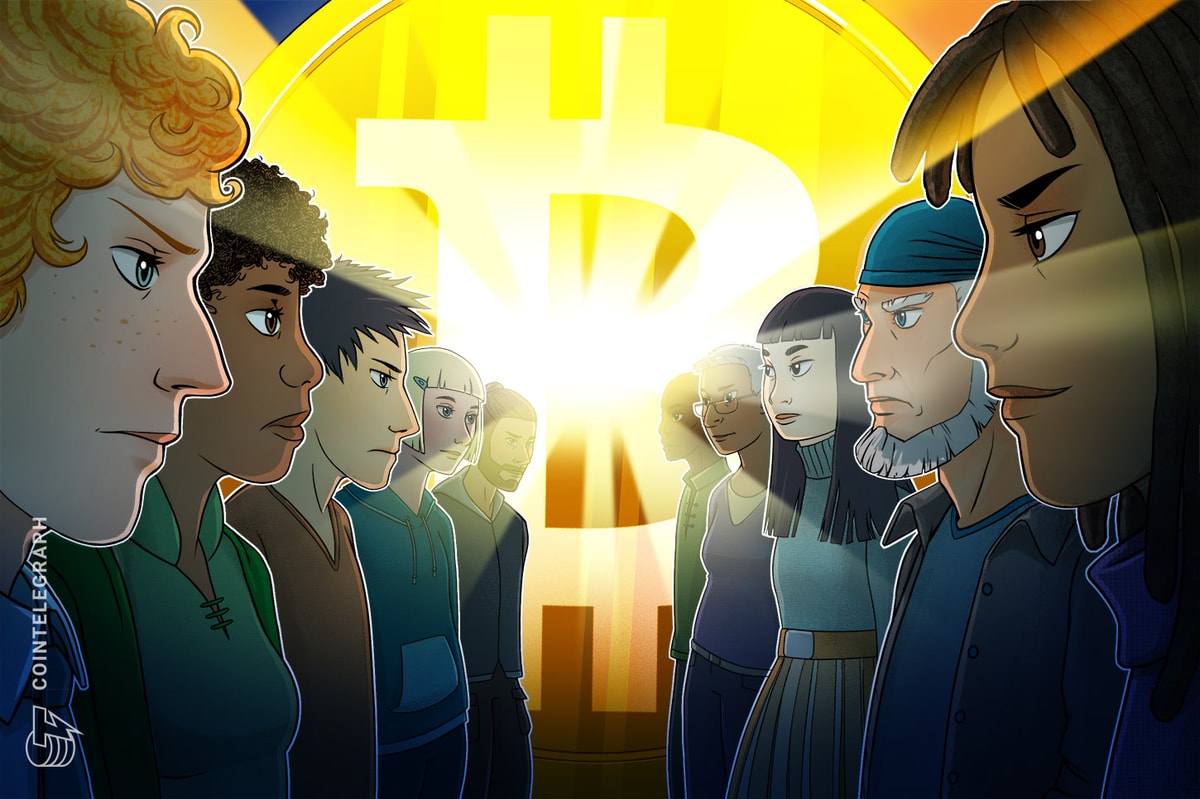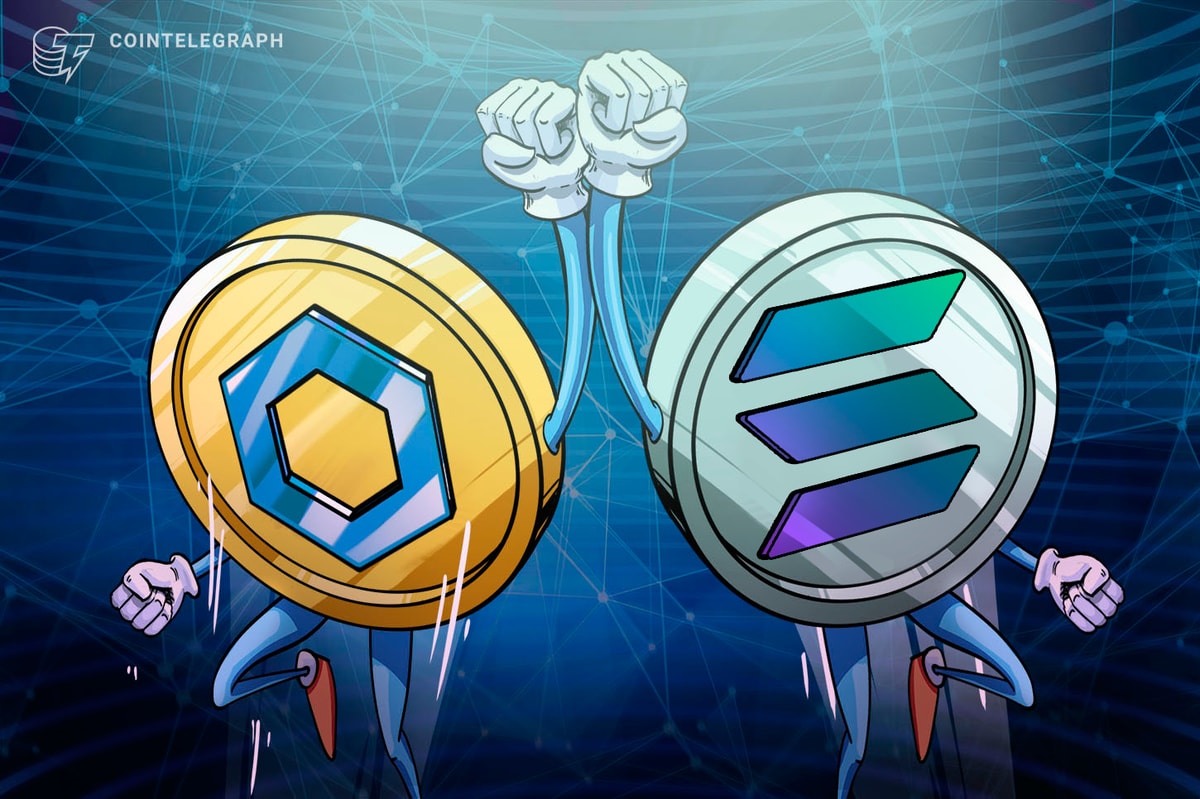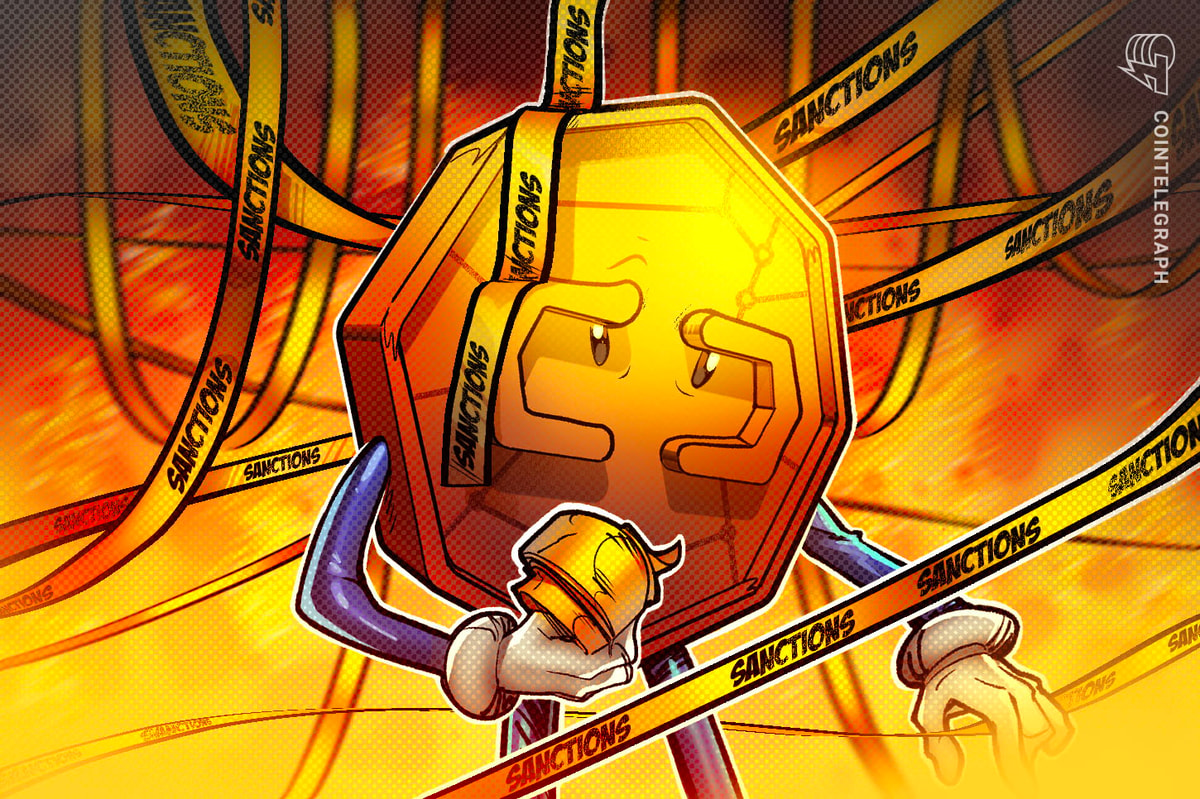
In public debates, Bitcoin is often treated as a revolutionary new account how we handle our funds, replacing them with reversible irreversible Finance Finance prépaillage with automatic, symmetric and asymmetric with debt to equity. The promoters of these aspects Bitcoin often cheer by saying that we must change our economic culture, while the deniers deplore the loss of consumer protection that reversibility and responsibilities of banks for fraud leads normally. Reversibility has become a major point of concentration in the Bitcoin community, with a wide comprennance that the media has reversible payment like Paypal simply can not interact with irreversible media such as WebMoney, Liberty Reserve, several forms of virtual currency in games and Bitcoin and possibly one of the two types of finance must win. However, that discussion often forget to say is that apart from America and west Europe, the debate was unnecessary because the problem has already been resolved: the payments are virtually non-reversible existing.
In Russia, for example, apart from some wealthy neighborhood in Moscow and St Petersburg, credit cards have almost no market, and the economy rolling in money. If you have a subscription to the internet or a cell phone, there are kiosks in almost all shopping centers that allow you to deposit money to keep these plans monthly. You are paid in cash, you pay cash and eat you pay your bills in cash. Even the digital goods work like this - Valve, with its plan to expand in Russia, had set up a 45,000 kiosks across the country to allow people to deposit money in their Steam accounts. And the system works well. Unlike the western economy, as well as to order online must be given access to our bank information, only protected by insurance that, there is the option of making a chargeback and the bank either ultimately responsible for all losses caused by fraud. Unlike in Russia, you can not trust people with the amount that needs to be put in trust - a value that is often too high.In the Middle East, CashU is a method of popular online payment for e-shops and games, but again, it is prepaid and not reversible. In China, Alipay systems such are dominant with their rules similar: as the creator of Bitcoinica Zhou Tong describes it, "the root of all reversibility is the system used by the Americans, based on credit cards such as Visa and Mastercard. The Chinese do not use Visa and MasterCard for domestic purchases, online purchases require strong authentication, banks are generally not responsible for the loss of funds, etc. Everything resembles the Bitcoin system and non-reversible. " But the problem remains: how its systems around the problem of consumer protection? They use exactly the same solution that has been proposed and implemented by sporadically Bitcoin: the sequestration Service (escrow).
Escrow works by having the buyer, instead of sending the money directly to the seller, to send money to an escrow service agency. The escrow agent shall notify the seller that he has received the funds and the seller sends the product. When the buyer receives the product, he said to the agent, which, in turn, sends the money to the seller. This is a good method to fight fraud and is generally adopted in the scenarios with little confidence and no reversibility. As Zhou Tong said, "more than half of Alipay transactions using an agent."Africa is full banking revolution by himself with the "M-banking", send and receive money via text messages with cell. Mobile phones are surprisingly accessible even to the poorest of the poor; even in Africa, where the majority of the population still in poverty, there is an average of one phone per house. Despite that banking systems have tried to close the companies of these services when they began to grow, there are now working together and everyone enjoys it; having the digital money is particularly important in a world where voles are abundant and physical protection is a luxury.
While the economy of the West is easy to believe that Bitcoin is a new fundamental form of consumer finance in the developing world, Bitcoin style finances are already presented. Wherever it is located, its efficiency creates more wealth worldwide. And there is no difference between a buyer or seller - anyone can send or accept money, and the potential for a decentralized economy is maximized. The mass of opportunity and time for Bitcoin, itself, is involved. Change to finance with Kenyan shillings with M-Pesa to use Bitcoins via MtGox is simply a change of supplier, and from there, as soon as smartphones become more common than less sophisticated phones are currently , it sounds like a simple step for people to store their bitcoins directly into their phones. It is predicted that in a couple of years there will be nearly 1.7 billion people with cell without bank account, then Bitcoin has many years to take its place in the market saw that the internet will travel easily accessible in India, rural China and Africa before banks and credit cards. And demonstrated by the example of all societies outside the West, culture necessary to support an economy based on non reversible symmetrical payments already.
Explanations of the differences between the Finance Bitcoin style and credit card style
- Flexibility - with systems such as credit cards and Paypal, it's much more difficult to have a merchant account compared to the single buyer account, and they are not has designated use outside the formal context stores. With Bitcoin Finance, anyone can send money may receive as easily, reducing barriers facilitating new companies entered
- Reversibility - credit cards and Paypal have mechanisms for clients to bill charges for fraud, and if the merchant wants to contest the chargeback, it must treat it with the resolution of Formal dispute, which effectively moves the problem entirely to the seller. Some argue that it is worse because buyers can choose to not purchase a suspicious company, while companies can not practically assess and chosir their customers. In the Bitcoin system, transactions are final and other mechanisms are used to deal with these scenarios.
- Debt vs. Equity - A credit card allows you to purchase a product now and pay later, while the Bitcoin system does not allow and requires that everyone maintains a positive balance . While other systems such as Paypal's not based on debt theory, in practice, it often if you receive a chargeback after having spent the money received
- Automatic vs Prepaid - in a financial system based on credit cards, services where there is regularly the same purchases, such as subscriptions and online games, keep numbers credit card files to take when the time comes. In a Bitcoin system, a prepaid approach is preferred, where you deposit money into your account and the money is taken directly from the. Here, for the protection of buyers, the approach of the prepaid system is greater since there is a limit to the unexpected costs that can engage










